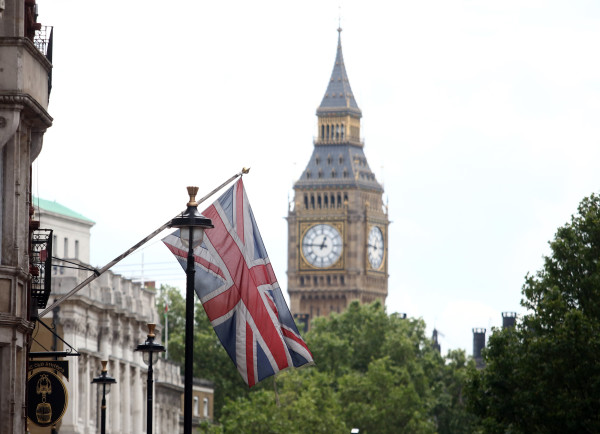

Child Trust Funds were introduced in January 2005, with children born on or after September 1, 2002, eligible. They were closed to new accounts in 2011, and replaced by Junior Isas.
Individuals who still have an account can continue to place cash into them, to a maximum of £9,000 a year, which can then be accesses when the child turns 18.
But if the account holder is not classed as legally able to manage their money they or their parents are struggling to access the funds.
Sir Ed Davey MP, leader of the Liberal Democrats and MP for Kingston and Surbiton, told FTAdviser he has been approached by a member of the public whose son has learning difficulties, and is legally not seen as able to manage his own finances.
This means when the son reaches the age of 18, the parent of the beneficiary of the fund is unable to access it because, legally, the cash belongs to the child, though the child is also not viewed as capable of receiving the money.
The action available to the parent is to seek an order from the Court of Protection to be able to access the money. This usually requires the payment of a fee of £365 and a legal process requiring extensive paperwork and the payment of legal fees.
Davey said he initially wrote to chancellor Rishi Sunak about this, and was told it was a matter for the Ministry of Justice.
The minister handling the issue there is Alex Chalk MP, who agreed to waive the £365 fee for those seeking to use the Court of Protection to access the fund on behalf of their child, but Davey believes the cost of accessing the cash remains too high.
Davey said: “The average amount held in a Child Trust Fund account is £2,500. So apart from the emotional trauma of having to deal with this, and the reams of very complex forms, a lot of the cash in the fund is likely to be dissipated by legal fees.”
He said he has no criticism of the fund platforms or wealth management firms that provide Child Trust Funds but can't release the cash. He said it was a question "of the government not doing its job".
The issues involved are also quite personal for Davey as he has a son with learning difficulties, who himself will never be capable of managing his own finances.
Davey has paid into a Child Trust Fund for his son every month since he was born, and from his experiences he believes he has found a solution to the issue.
He said: “Every month I receive Disability Living Allowance for my son. That is a much greater amount of money than will ever be in his Child Trust Fund, and to get that money, the Department for Work and Pensions conducted tests, to ensure my son was eligible and that I am his parent.
"I have asked the government why the same tests used by the DWP can’t be used for Child Trust Fund eligibility, but they say, rather bafflingly, that it is considered ‘different money’.
"They admit the forms are long and confusing, I have had two meetings on this with Alex Chalk now, and he has been helpful, but I want the Treasury to deal with it, there is a working group on the issue, but it is all happening frustratingly slowly.
"This isn’t just me being an opposition politician and complaining, we have actually suggested two solutions, one of which is to use the DWP tests, and the other a statutory instrument.”
A representative of the Ministry of Justice said: “The government wants to reduce the obstacles families face in supporting young people who lack mental capacity – including waiving fees to access these funds.
"We continue to work with the judiciary and across government to improve this process further, making it more streamlined and accessible”.
The Ministry’s current guidance urges individuals who may be affected to apply to the Court of Protection many months in advance.
The representative said that transferring the ownership of an individual's assets, ie the assets of a fund, to another individual was a different and more serious matter than the payment of benefits.
david.thorpe@ft.com



